(609) 270-1337
Call For Estimate: (609) 270-1337
State Taxes and Cost of Living Differences: What to Expect After Moving
Discover how moving to a new state can affect your tax burden and overall expenses. In this guide, we explore the key changes in state taxes after relocating, reveal how cost of living shocks may impact your daily budget, and offer practical tips on adjusting your spending on rent, groceries, and bills to suit your new city. Whether you're driven by career opportunities or the desire for a fresh start, understanding these financial differences will help you plan a smooth transition.
How Your Taxes Change After Moving to a New State
When you relocate, your tax obligations often shift dramatically. The state where you call home plays a major role in determining how much of your income will go toward state taxes. Some states impose high income taxes, while others offer tax-free income or lower rates, which can directly affect your take-home pay. Moving from a high-tax state to one with a more favorable tax structure could mean more money in your pocket, whereas the reverse may require some budget adjustments. It's essential to research the tax policies of your prospective state so you can understand what to expect and plan accordingly.
Cost of Living Shock? Adjusting to New Expenses
The cost of living can vary widely from one state to another, and this isn’t limited to taxes alone. You might find that everyday expenses like utilities, transportation, and healthcare fluctuate significantly depending on where you settle. A move could bring a welcome drop in some costs, but might also introduce unexpected expenses in other areas. A careful comparison of cost-of-living indices can help you determine whether your new city will offer the same standard of living for less—or if you'll need to make some financial adjustments. Paying close attention to these differences early on can help prevent budgetary surprises down the road.
Rent, Groceries & Bills: Budgeting for Your New City
Every aspect of your budget may look different after a move. Rent, grocery bills, and monthly utilities are key factors that determine your overall cost of living. If you're moving to a city where housing is more affordable, you might enjoy lower rent and property costs, but these savings could be offset by higher prices for everyday essentials like food and utilities. Conversely, if you're relocating to an area with a higher cost of living, you may need to negotiate a higher salary or adjust your spending habits to maintain your lifestyle. In either scenario, mapping out your expected expenses and comparing them with your income will provide a clear picture of how to manage your budget effectively in your new environment.
Long Distance Moving Services
- Alabama
- Arizona
- Arkansas
- California
- Colorado
- Connecticut
- Delaware
- Florida
- Georgia
- Hawaii
- Idaho
- Illinois
- Indiana
- Iowa
- Kansas
- Kentucky
- Louisiana
- Maine
- Maryland
- Massachusetts
- Michigan
- Minnesota
- Mississippi
- Missouri
- Montana
- Nebraska
- Nevada
- New Hampshire
- New Jersey
- New Mexico
- New York
- North Carolina
- North Dakota
- Ohio
- Oklahoma
- Oregon
- Pennsylvania
- Rhode Island
- South Carolina
- South Dakota
- Tennessee
- Texas
- Utah
- Vermont
- Virginia
- Washington
- West Virginia
- Wisconsin
- Wyoming

Save Up To 35% On Long Distance Moving Services
We help thousands of home and business owners move their property all over the US. Let us help save you money on long distance movers.
Contact Us
We will get back to you as soon as possible.
Please try again later.
GET START YOUR MOVE WITH US
Call Now: (609) 270-1337
OPENING HOURS
- Mon - Fri
- -
- Sat - Sun
- -
Long Distance Moving Disclaimer
A properly licensed interstate broker, such as US Interstate Moving, LLC, is not a motor carrier and will not transport an individual shipper's household goods, but will coordinate and arrange for the transportation of household goods by an FMCSA authorized motor carrier, whose charges will determine by its published tariff.
All estimated charges and final actual charges will be based upon the carrier's tariff which is available for inspection from the carrier upon reasonable request.








